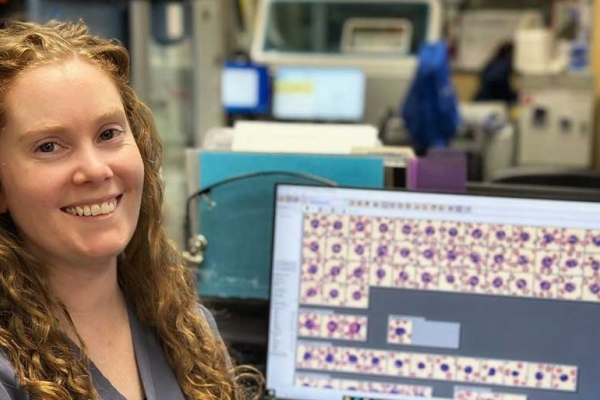Join this online panel event with professionals from biosciences, biotechnology, pharmaceutical and regulatory affairs who will share their favorite networking and industry advancement career tips, whether you’re brand new to the field, trying to move ahead in your career or updating your knowledge base.
Guest Panelists
Author, biotech recruiter and founder of Synapsis Search
UC Berkeley Extension instructor, president and CEO of Calcott Consulting LLC
UC Berkeley Extension instructor, Global Head of Qualithy Strategy and Operations at Kite Pharma
Details
Wednesday, March 15, 2023
12-1:30 pm (PT)
Online
Cost: Free



